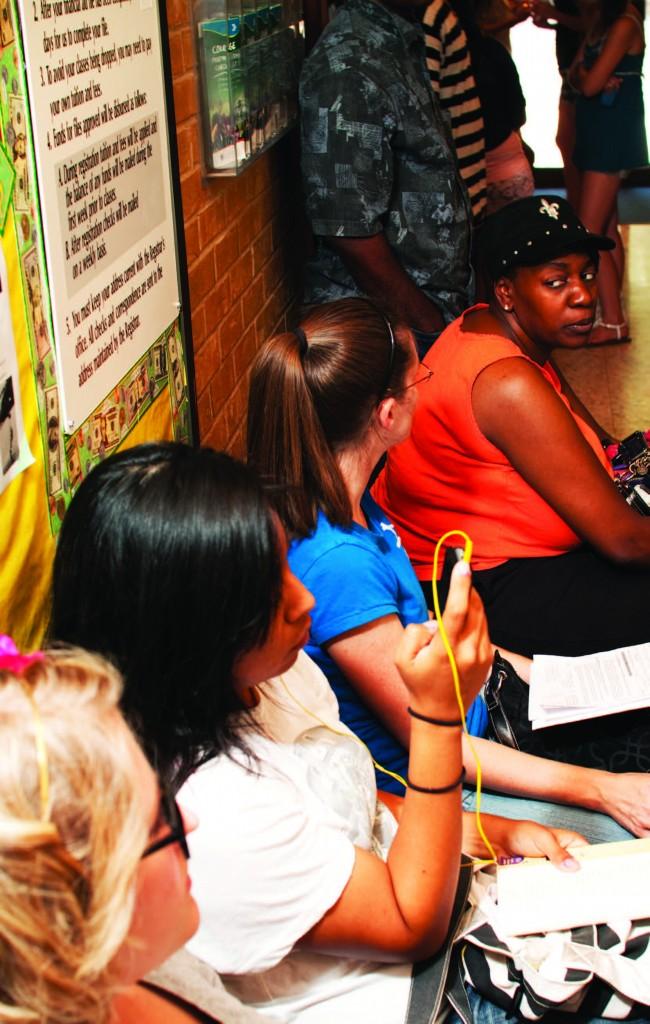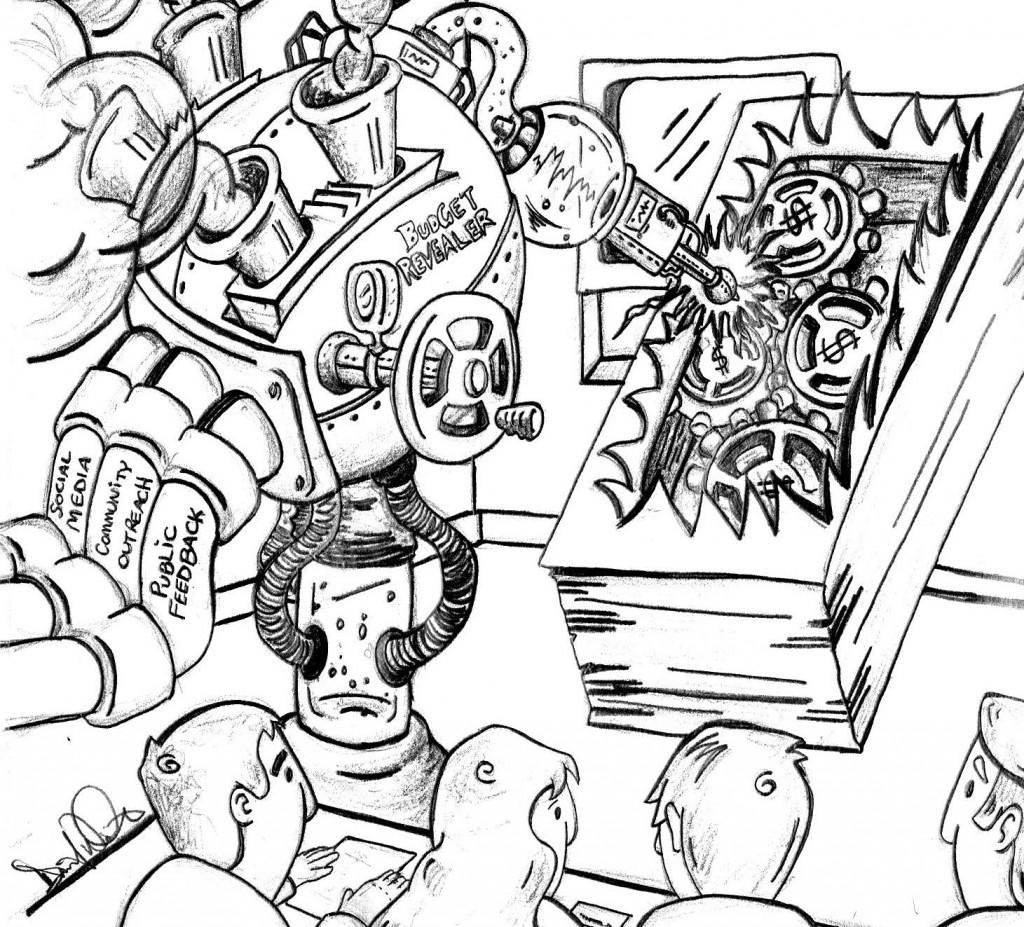By Lindsey Huddleston/reporter
The DSS offices located on each TCC campus provide accommodations to students with disabilities enrolled in both credit and non-credit programs.
After a student has been accepted for admission to TCC and registered for classes, the student must complete an application form and submit the form to a DSS office. The student must have documentation from a physician indicating the presence of a physical or mental impairment. The documentation must be current, within the last three years.
It is recommended that students contact the office 20 business days before the first day of class to ensure appropriate accommodations are available.
“After being accepted into the DSS, each student is looked at individually, and we make different accommodations according to the student’s disability,” said South Campus DSS coordinator Gail Walters.
Evette Brazzile, NW DSS coordinator, said NW Campus serves about 100 students each fall and spring semester. Summer semesters serve fewer students.
“We have a full-time sign language interpreter for students who are hearing-impaired. Depending on the student’s disability, we offer magnification devices and a Braille system,” she said.
Any disability a student has is kept private in the DSS offices.
“Disability-related information is only shared on a need-to-know basis within the academic community,” according to the DSS offices.
Students can read the Family Education Rights and Privacy Act for more information about privacy concerning disabilities.
“SE Campus currently does not have a coordinator, but we are in the process of conducting interviews to fill the position, and counselors come to help us out whenever they can,” said SE senior secretary Pamela Oliver.
Brazzile said diabetic students are allowed to have food in the classroom and can leave class for a blood sugar reading if necessary.
According to the HEATH Resource Center, an online clearinghouse on postsecondary education for those with disabilities, the Rehabilitation Act and the Americans with Disabilities Act ensure students with disabilities equal access to secondary and postsecondary educational opportunities.
Students can contact the DSS offices at any TCC campus or find information online about disability support on the TCC website. All DSS offices are open 8 a.m.-5 p.m. weekdays.
























